A Note From Our Principal Investigator
Dear Readers,
As the COVID-19 pandemic has changed the world around us, it has also made clear that food and nutrition are as critical as ever.
Intersecting topics include, for example, the burdens of hunger and food insecurity; major diet-related comorbidities for hospitalization and death from COVID-19 such as diabetes, hypertension, obesity, and heart disease; and insufficient surveillance on and coordination of food production and supply chains. These global strains and challenges have been further laid bare and exacerbated by the COVID-19 pandemic.
Each of these challenges is also an opportunity. This is a pivotal time in history—one in which we must leverage research and policy to create global nutrition security for all people.
With the unprecedented economic shutdowns, tens of millions of individuals and families across the globe have been left without wages and struggling to feed themselves. Food supply chains are being disrupted at multiple levels, from farming to transport to processing and packaging to international trade. COVID-19 has left no corner of the global food and nutrition landscape untouched.
Our collaborative research with you, our Corresponding Members and other partners, to understand what people around the world are actually eating is more important than ever. The Global Dietary Database remains the world’s best overall resource on individual dietary intakes globally, not only nationally but also by age, sex, education, and urban or rural residence. We must together assess how best to leverage this unparalleled resource to identify opportunities to lessen the burdens of the current pandemic: for example, to identify and document populations at special risk for nutrient deficiencies, hidden hunger, lack of affordable food access, food waste, and diet-related metabolic illnesses, and the intersections of these issues with farming, trade, food prices, and more. Research on metabolic risks like diabetes and hypertension, for example, can explore and inform how these patients might be better protected from the poor COVID-19 outcomes illuminated in this pandemic.
In the coming year, we aim to further grow and leverage partnerships with academic institutions, governmental bodies, and NGOs to pursue innovative research that will inform translational solutions to the food and nutrition challenges highlighted by COVID-19 equitable, and cost-effective strategies for universal challenges. And, as we generate robust findings to help make data-driven decisions, we must never lose sight of the human aspect of this pandemic and its crippling effect on the economic resilience of farmers, rural communities, restaurants, and low-income and other vulnerable populations.
I hope you see your own interests in these words, because it’s going to take our collective insights and efforts to investigate and solve these problems.
Thank you all for your continuing contributions and collaboration in our work to further develop and disseminate the most comprehensive data on dietary intakes in the world. The Global Dietary Database is a crucial tool for elucidating complex and urgent questions around food and nutrition faced by societies worldwide.
On behalf of the Tufts GDD team and entire GDD community, we hope you are staying safe and healthy.
Sincerely,
Dariush (Dary) Mozaffarian, MD DrPH

Comments
Explore the limitless…
Explore the limitless possibilities of creativity with our innovative tools and resources. Unleash your imagination and elevate your projects to new heights. Click here to embark on a journey of inspiration and transformation."
Find the most adorable and…
Find the most adorable and secure baby bed designs. Explore our extensive selection of choices that blend usefulness and aesthetics. Our carefully selected selection of baby bed designs will help you give your child an ideal and peaceful space. Purchase the ideal nursery centerpiece right away!
sneakers for women
Explore our online store to find the perfect pair of sneakers for women. We offer an extensive collection of sneakers to fit and need, from fashionable and modern styles. Shop now and step up your footwear game with our collection of women's sneakers.
With our stylish collection,…
With our stylish collection, find the right casual wear for women. You have everything you need to elevate your everyday look, from flattering dresses to flowing sundresses. Get our comfortable design today and adopt an effortless approach.
sunblock price in pakistan
Protect your skin from harmful UV rays with the sunblock price in Pakistan. Chahyay offers a high-quality sunscreen product that provide ultimate protection and hydration for all skin types. Stay safe under the sun and maintain healthy, glowing skin with our top-notch sunscreen creams.
Women Sneakers
Grab trendy sneakers shoes for women in Pakistan. Find the perfect pair of women sneakers shoes from Borjan to complete your favorite casual outfits.
ladies sports shoes
Take your athletic performance to the next level with Servis' collection of ladies sports shoes. Designed for comfort and performance, our range of shoes will help you reach your full potential. Take advantage of our unbeatable offers and discounts on the latest styles.
Single Hung Windows
If you're in the market for Single Hung Windows, look no further than Quartz Luxury Windows. I've been a satisfied customer for years, and their commitment to quality is unmatched.
Play the entertaining Google…
Play the entertaining Google Doodle Cricket game for free online at Doodle Cricket! To win the cricket match, you must guide your team to victory over the snails. To score points, you must time your shot to strike the ball as far as you can.
www.pipingflanges.com
www.pipingflanges.com has redefined my expectations for sourcing piping flanges. Piping Flanges' website not only offers a diverse product range but also provides valuable insights into selecting the right solutions for various piping projects. A reliable and trustworthy source indeed.
Benefits of PPF
Unlock the full potential of automotive care with the Benefits of PPF from Mumsport. Safeguard your vehicle's paint against road debris, stone chips, and environmental damage, ensuring it retains its flawless appearance. Trust Mumsport for premium paint protection that goes beyond the surface.
wheel spinner
Fantastic blog. Reading your articles was enjoyable. For me wheel spinner, this was a really enjoyable book. I have it bookmarked and am eager to read more things from it. Continue your wonderful effort!
Certified Roofing Professionals
County Roofing System stands out as a reliable choice for Certified Roofing Professionals. Their team's certifications and training make them well-equipped to handle any roofing project with precision and expertise. If you're looking for a roofing solution backed by certified professionals, County Roofing System is the right fit.
HIV Test in Dubai
Navigating healthcare services in Dubai led me to Vesta Care for my recent HIV Test in Dubai. The convenience of ordering the test online and the assurance of privacy were crucial for me. Vesta Care not only met but exceeded my expectations. Choose Vesta Care for your HIV testing needs in Dubai.
The article is very touching…
The article is very touching and insightful about the importance of nutrition in the context of the COVID-19 pandemic. Additionally, incorporating information about time in this text also reminds us of the importance of time management. You can use a time calculator to plan your meals effectively and efficiently in your daily life.
Ready to redefine your…
Ready to redefine your crafting adventure? Infinite Craft Unblocked introduces a novel approach where the fusion of earth, wind, fire, and water leads to a world of unparalleled creativity.
Thanks
Recognize Your Tendencies:
Identify patterns of behavior or thought processes associated with your enneagram test type that may lead to imbalance or stress.
Acknowledge areas where you may be prone to overindulgence, perfectionism, or avoidance.
Looking to find a family…
Looking to find a family doctor who understands your needs and cares about your health? Look no further than Best Doctor Near Me! Their platform simplifies the process of finding a family doctor by providing a comprehensive directory of trusted healthcare providers.
Scored an amazing deal on a certified refurbished phone from sma
Scored an amazing deal on a certified refurbished phone from smartimobile.com! Their range of devices is top-notch, and the quality is as good as new. I appreciate the affordable prices without compromising on performance. If you're in the market for reliable and budget-friendly smartphones, I highly recommend checking out the fantastic options available at smartimobile.com – your go-to destination for quality refurbished phones!

I agree with you! People really need support from sponsoring organizations when the Covid 19 pandemic comes. It greatly affects the quality of their lives and work.
Practice working in the cookie clicker factory to create delicious cookies.